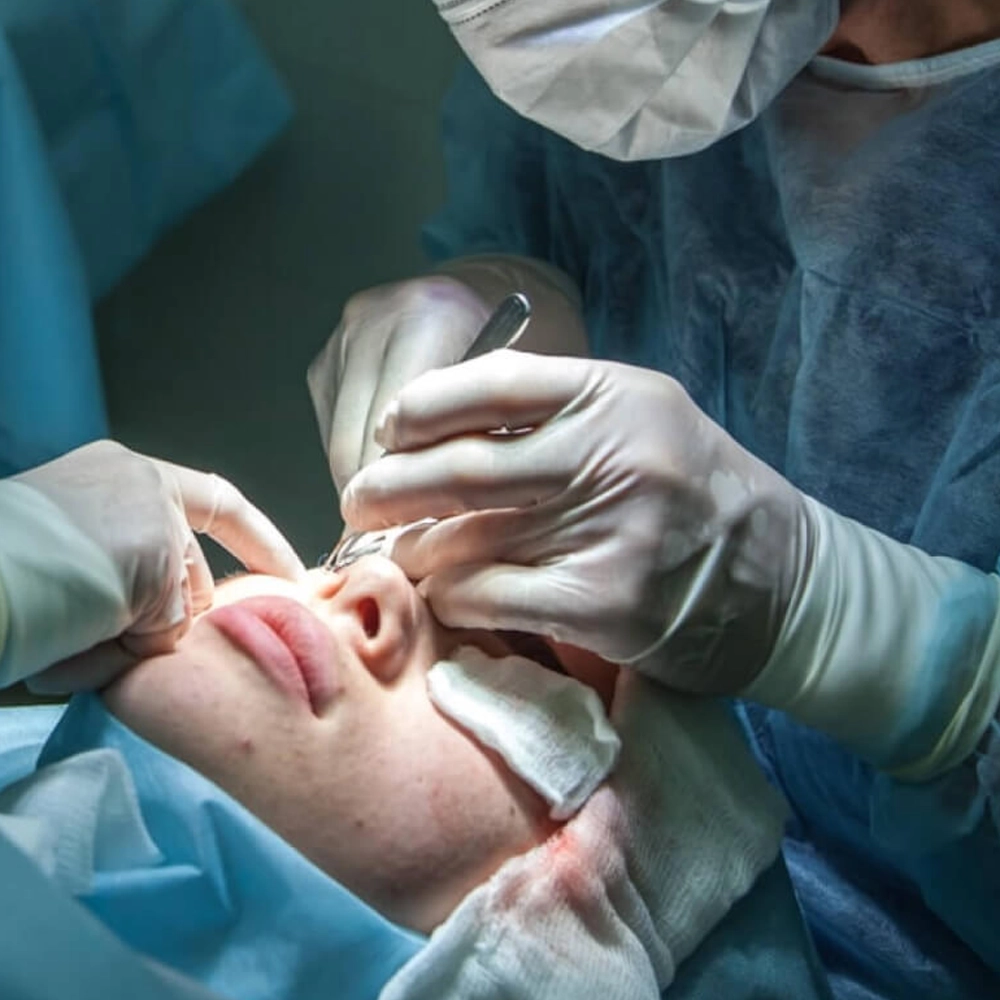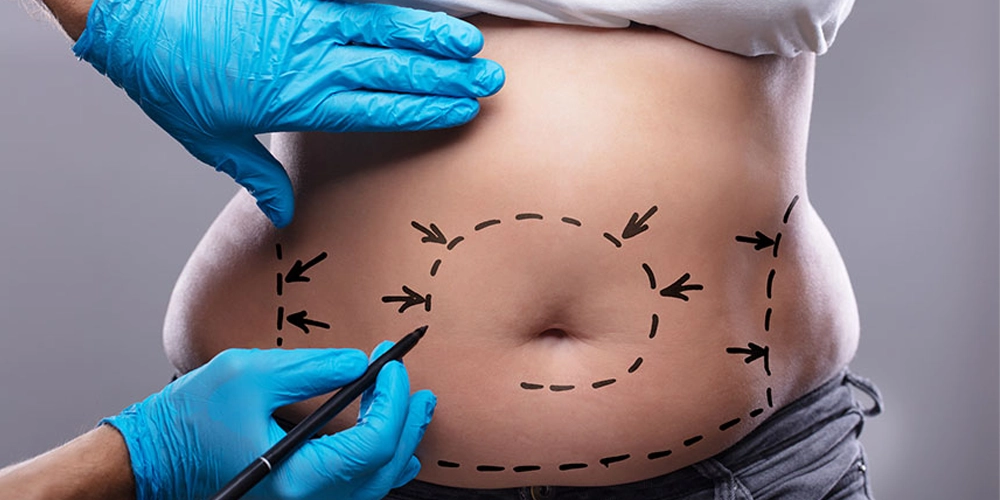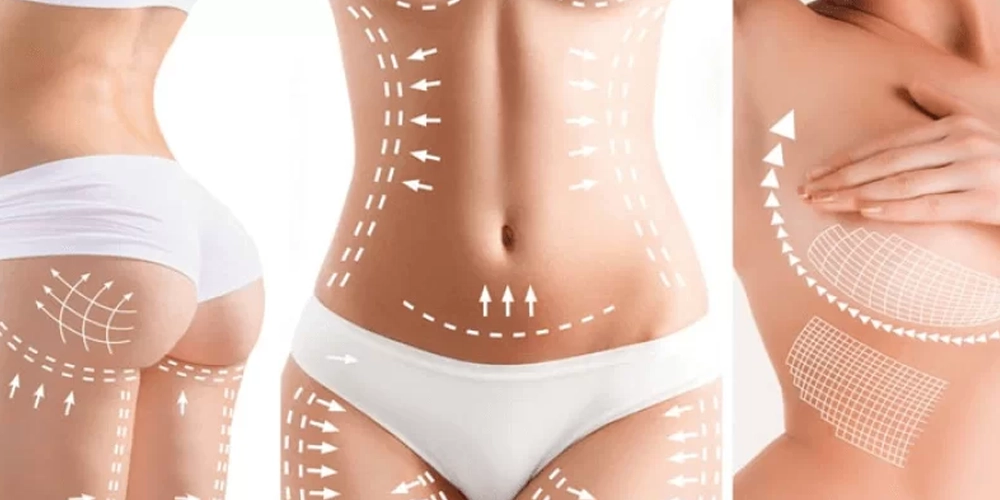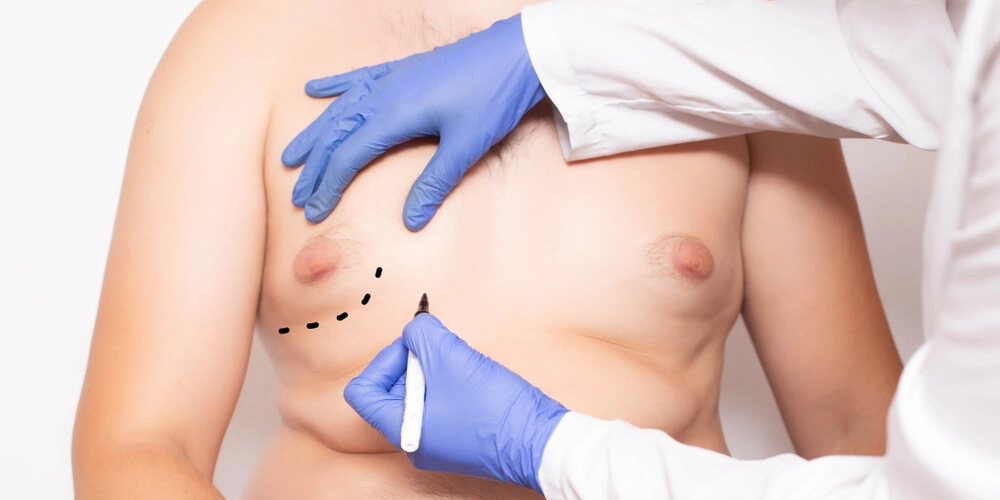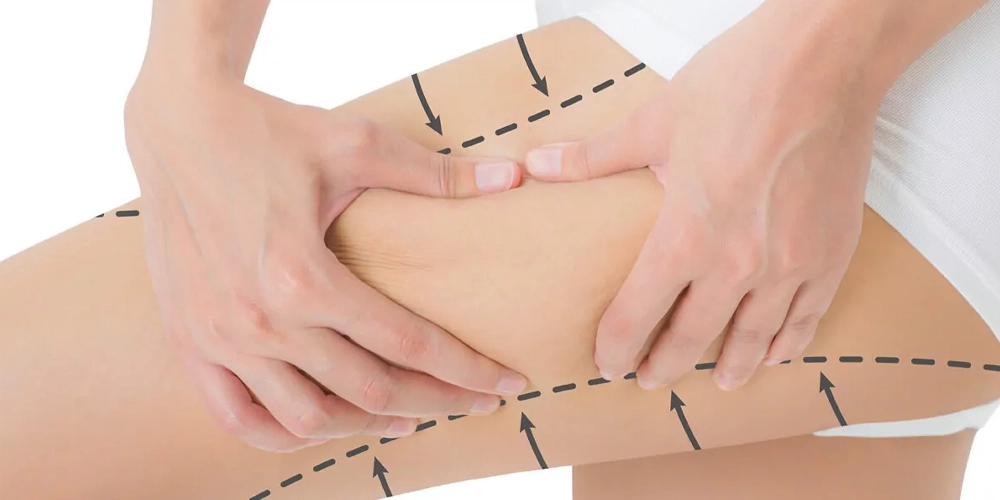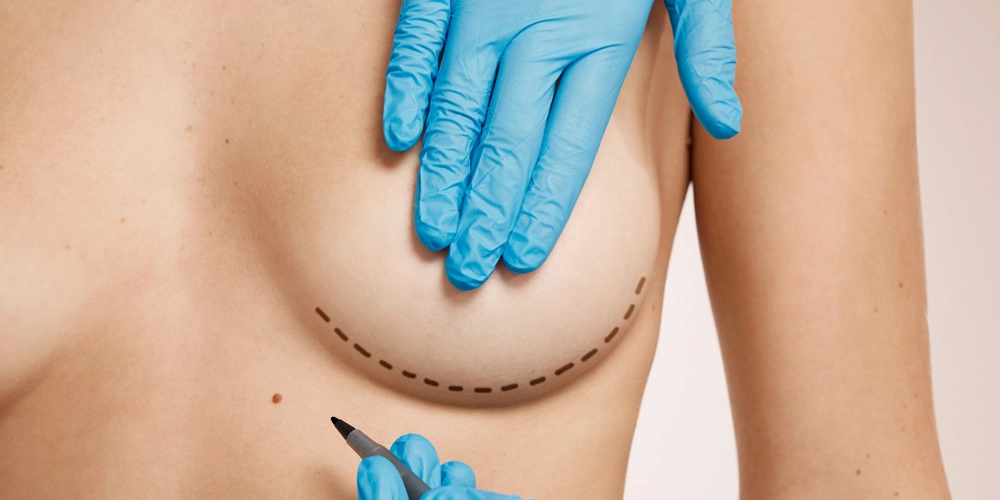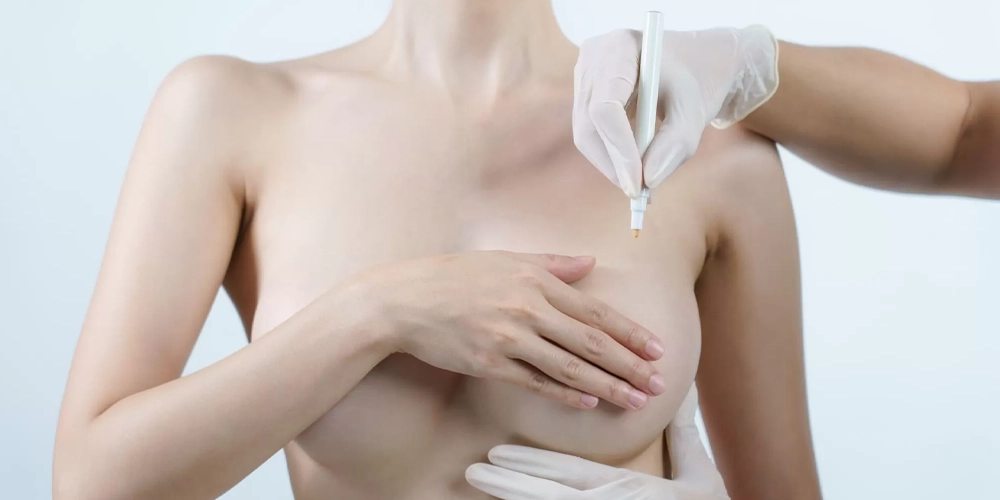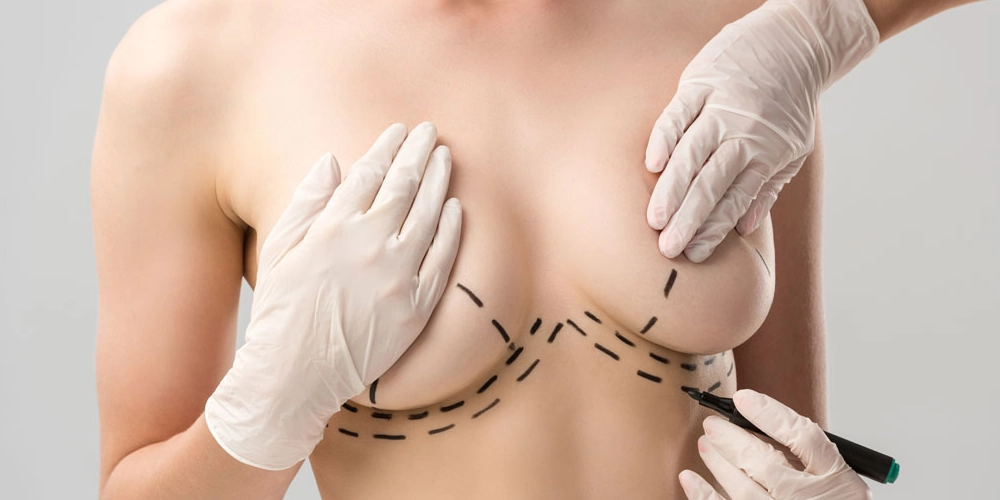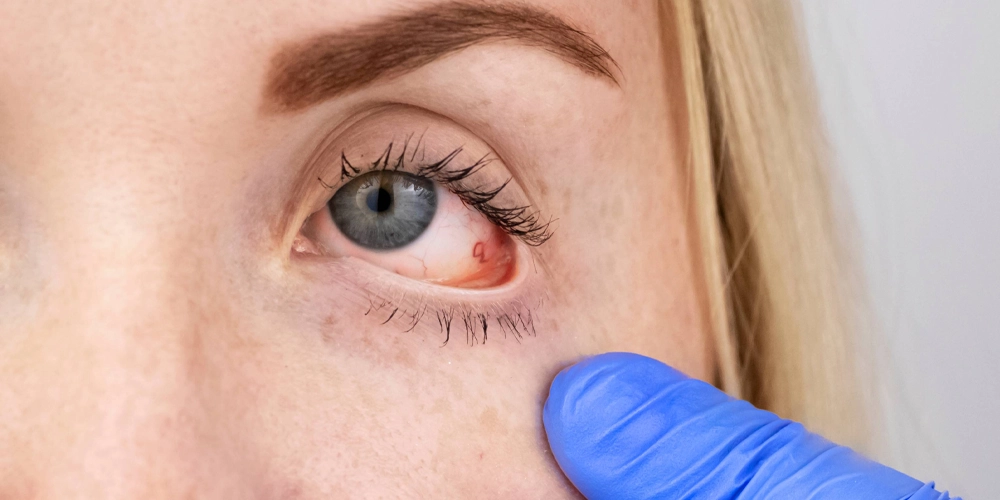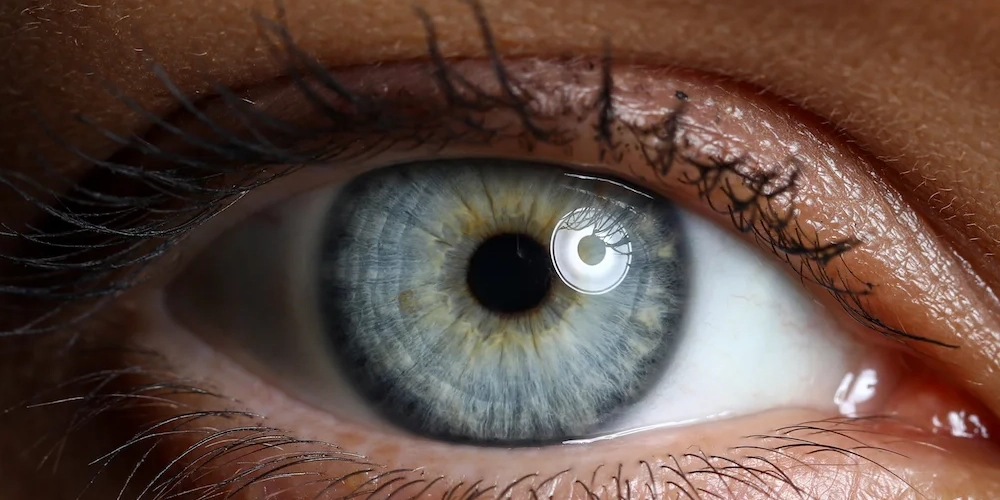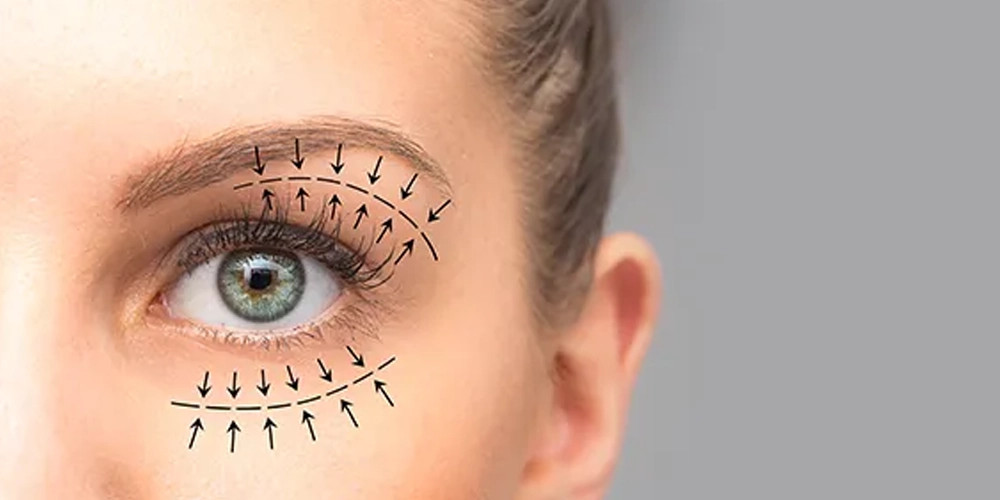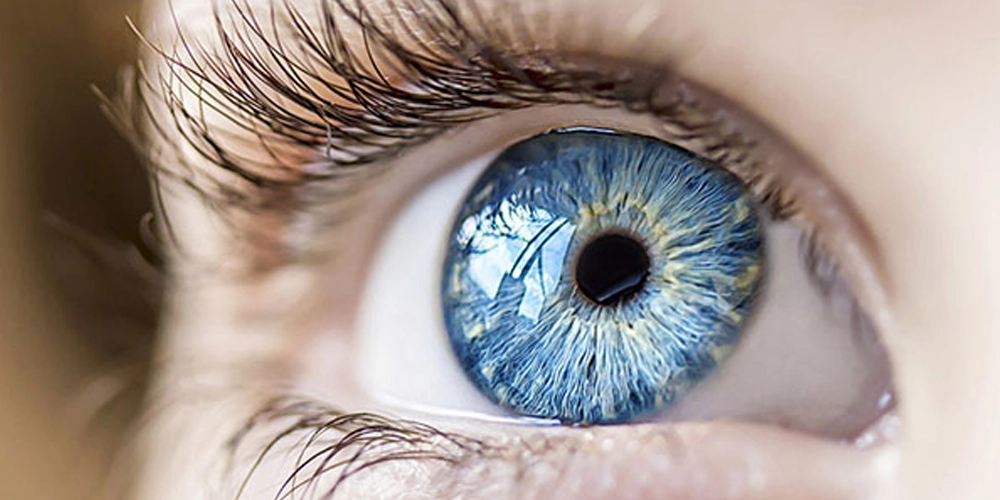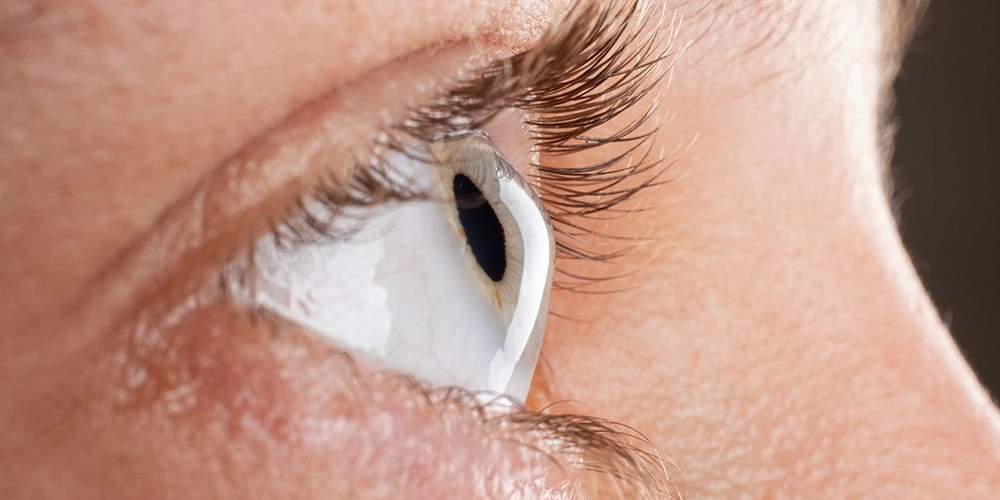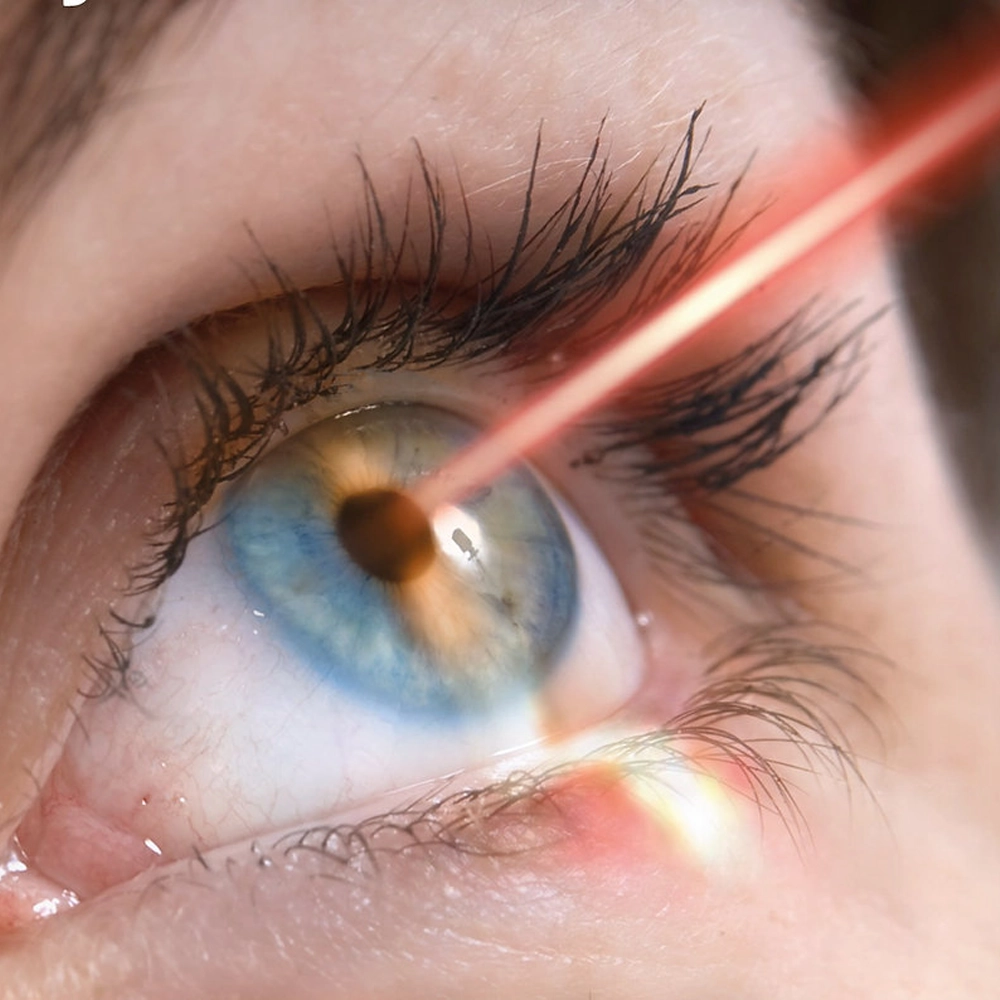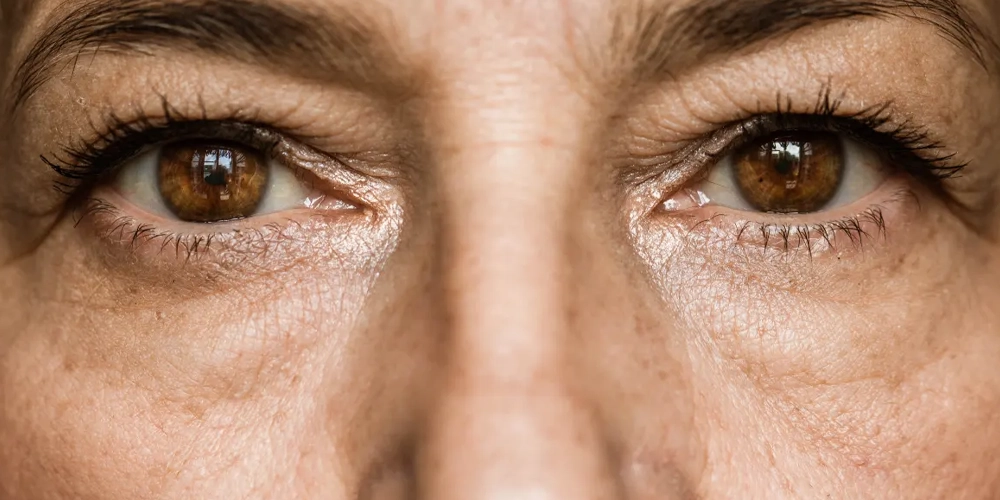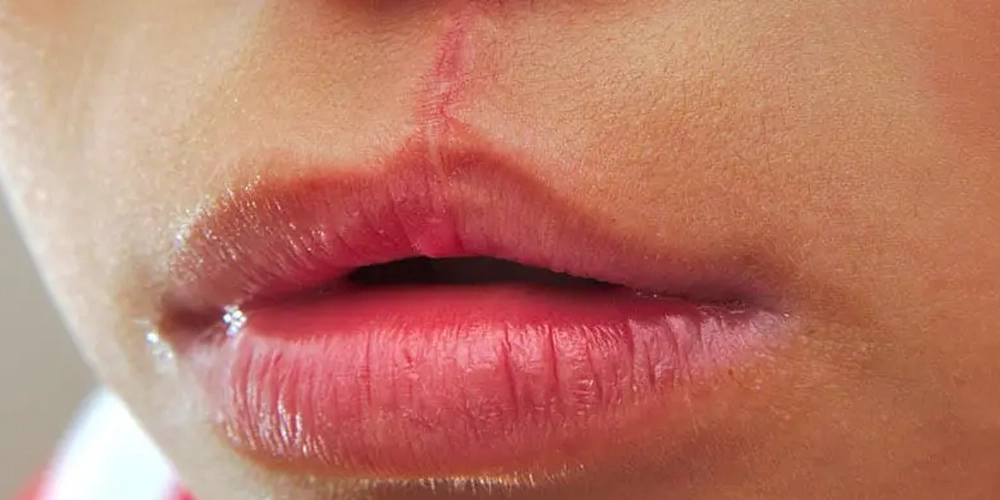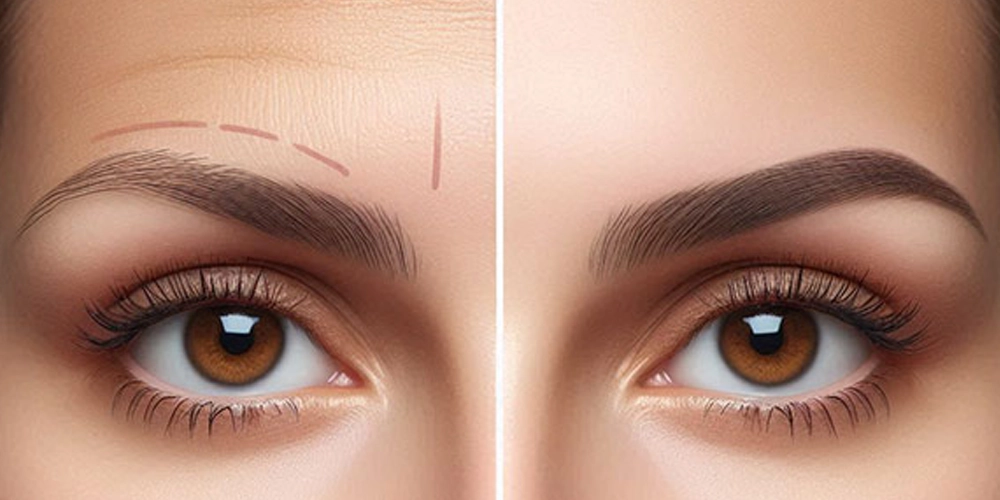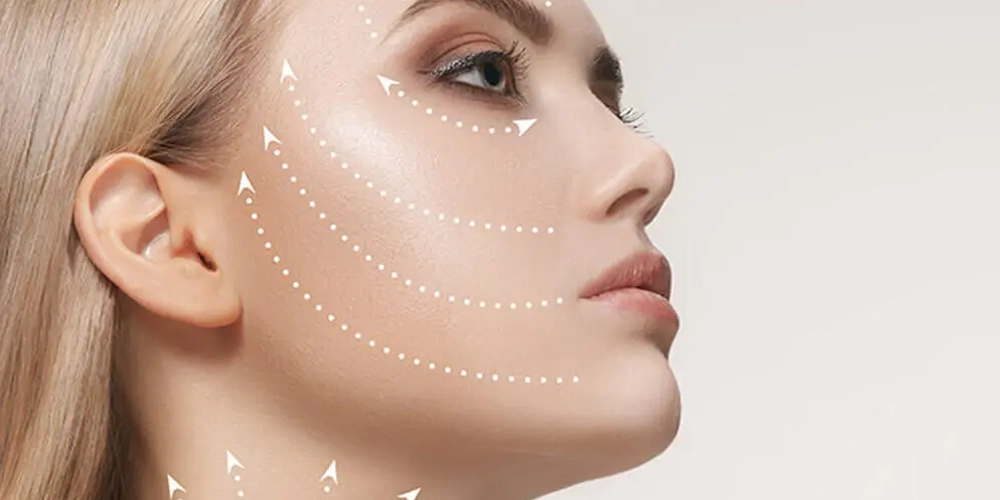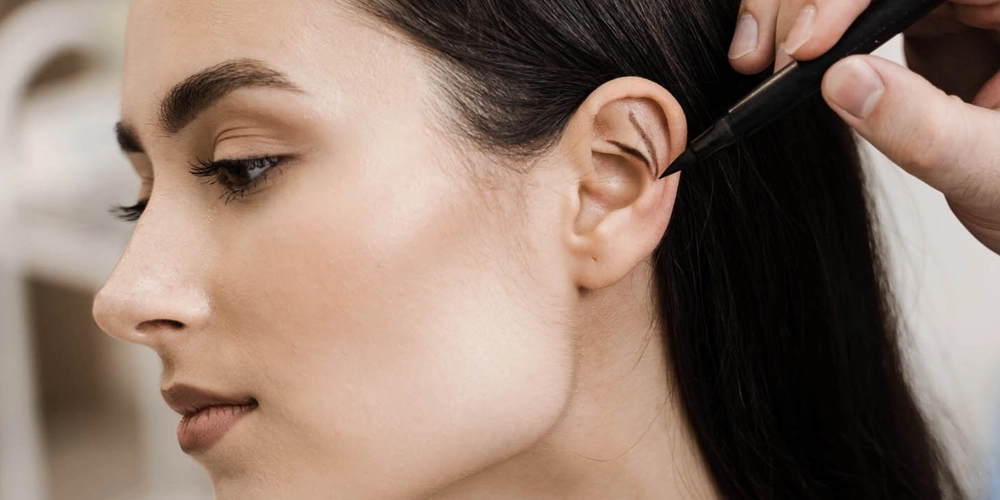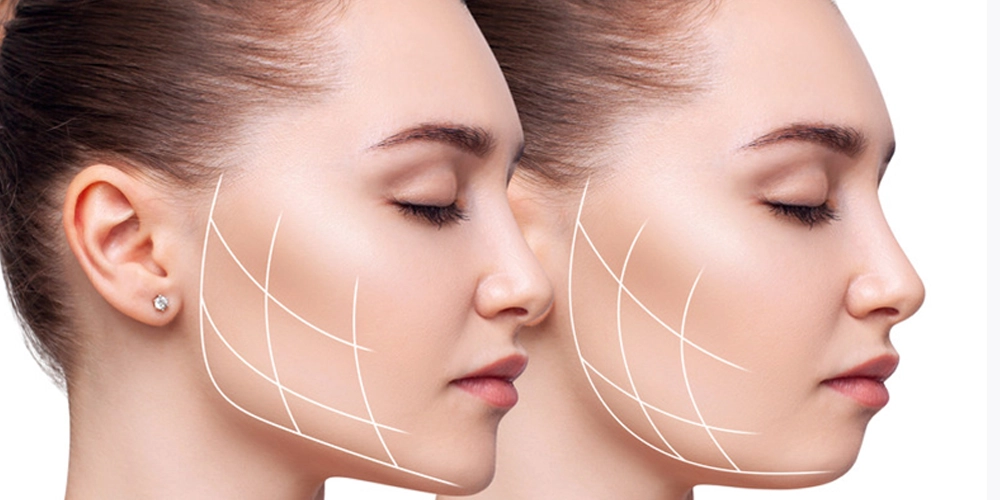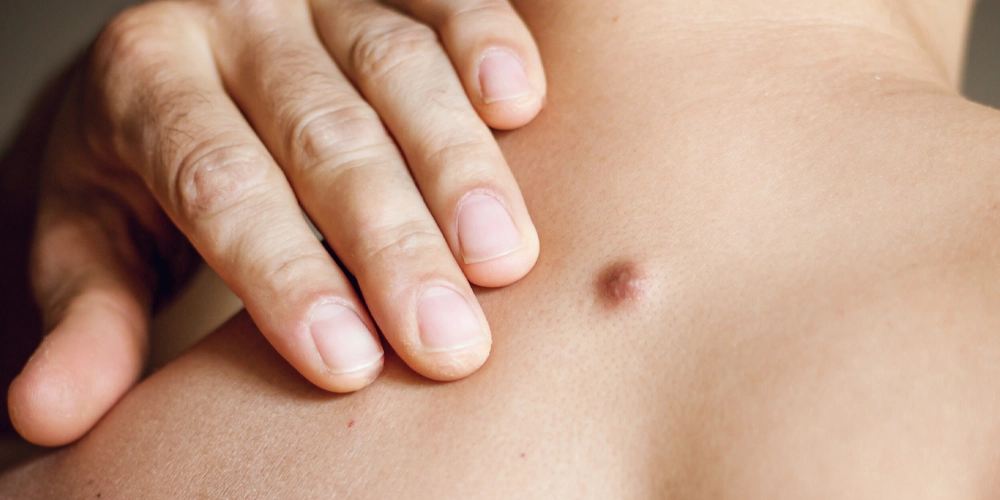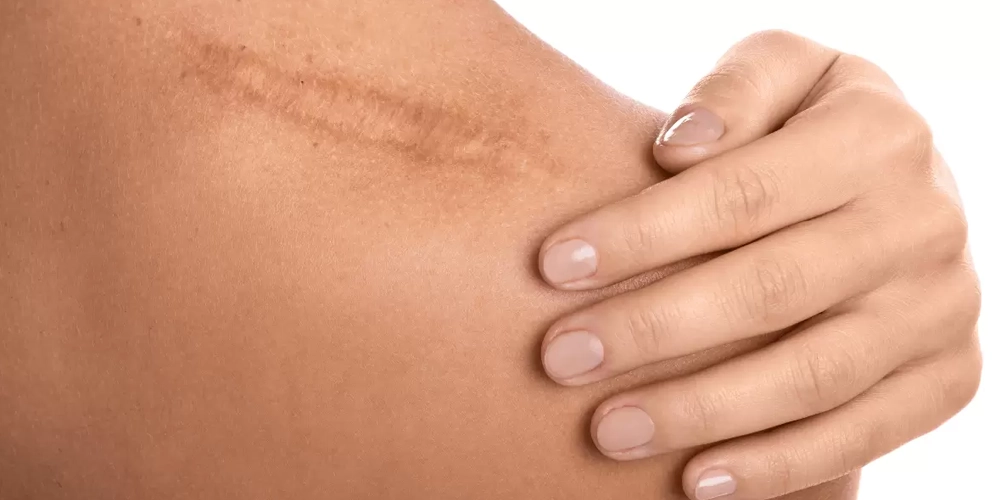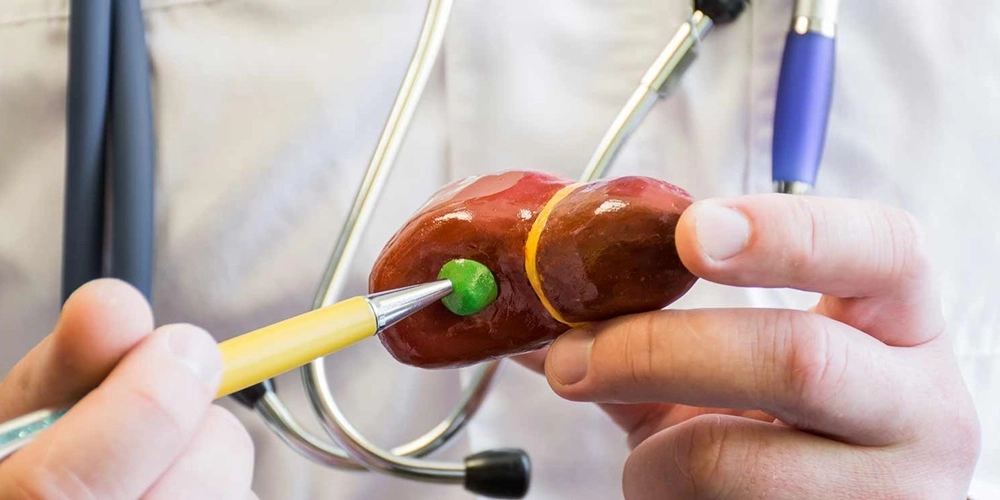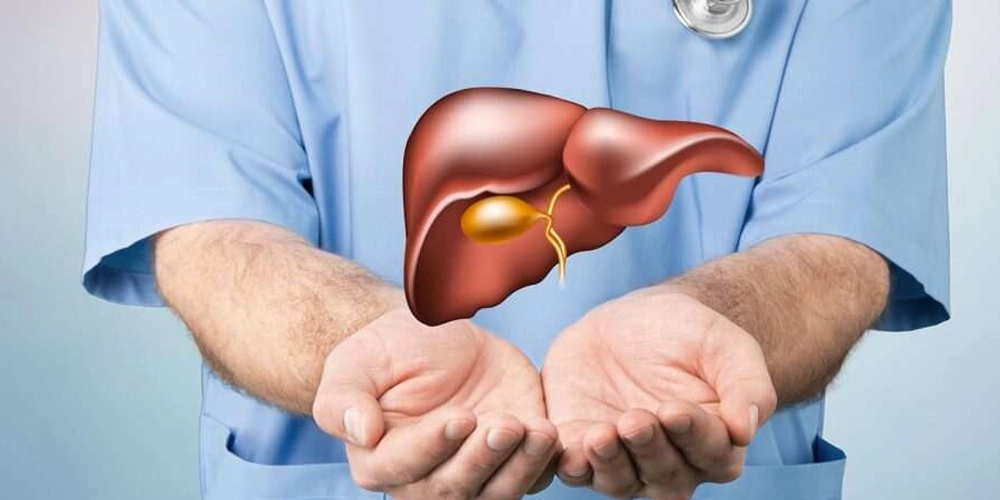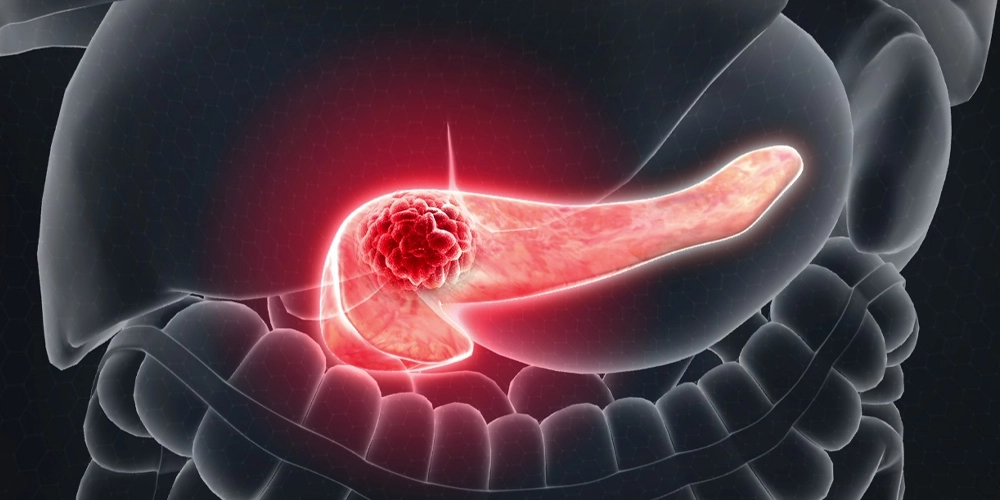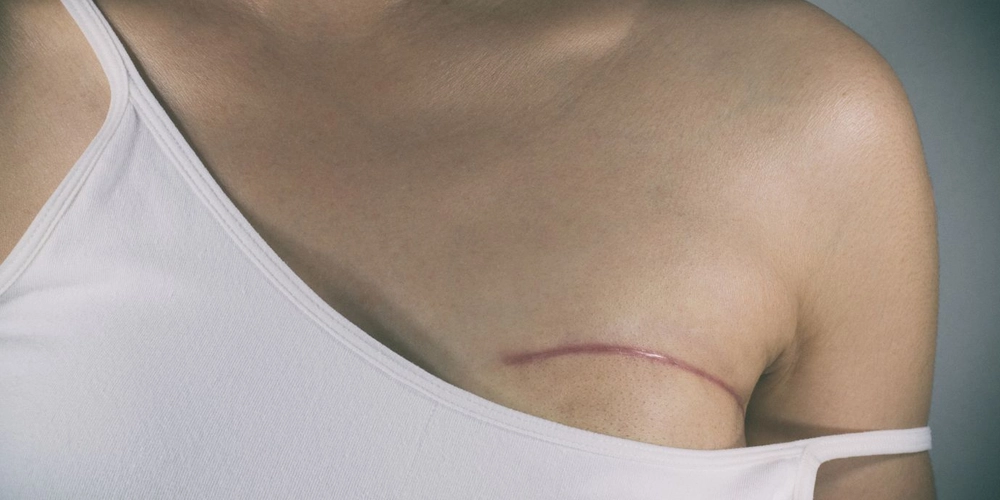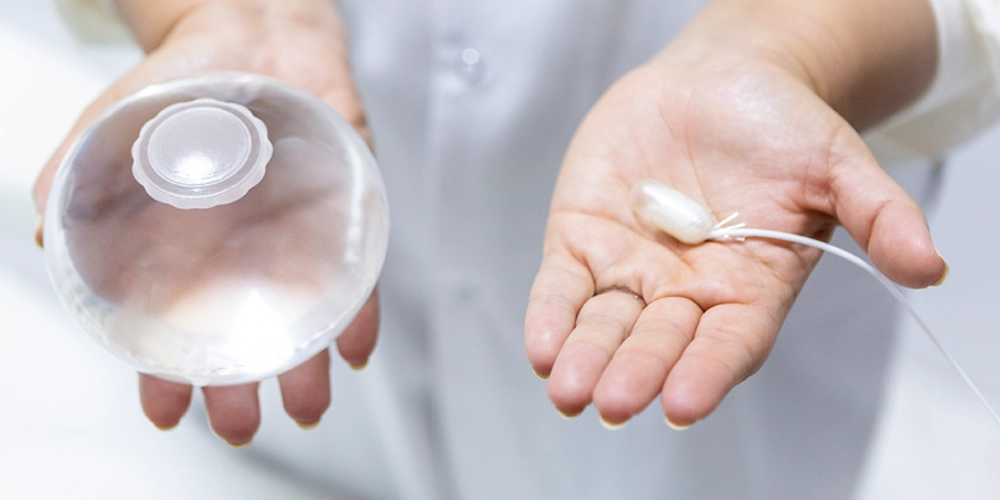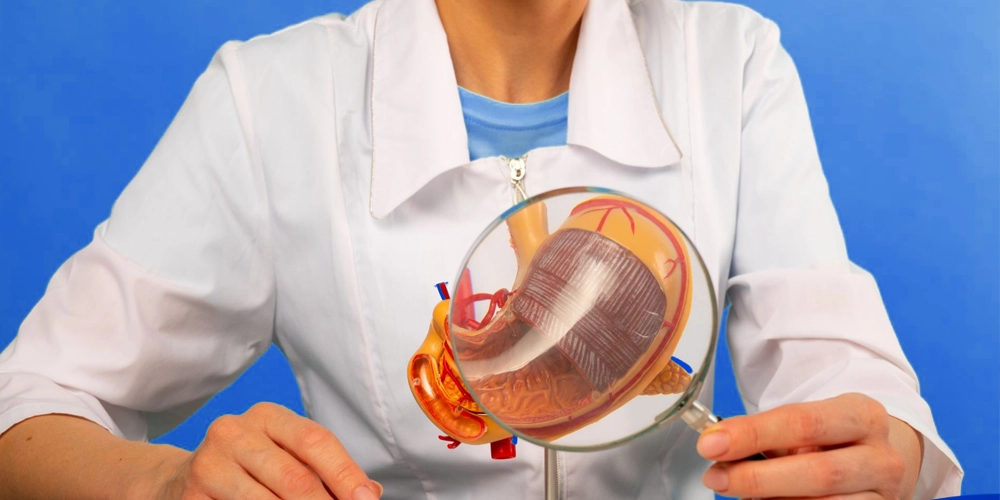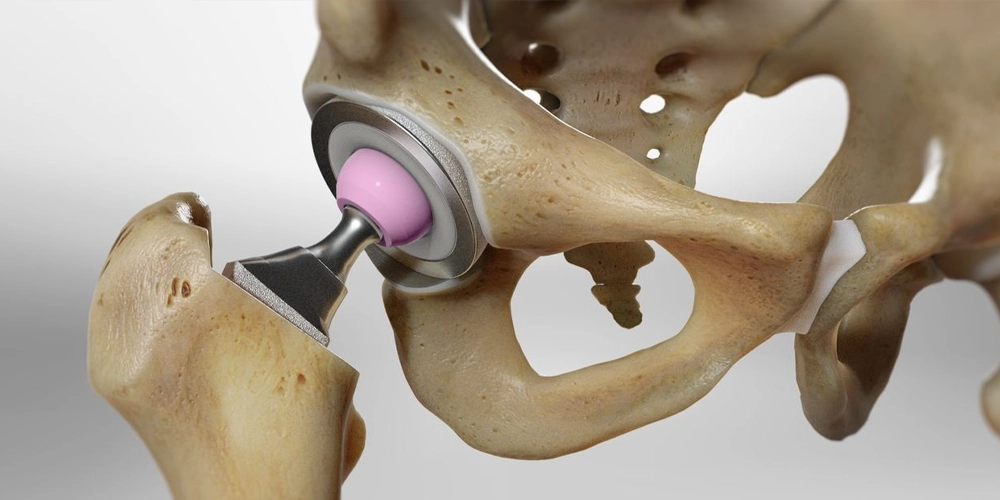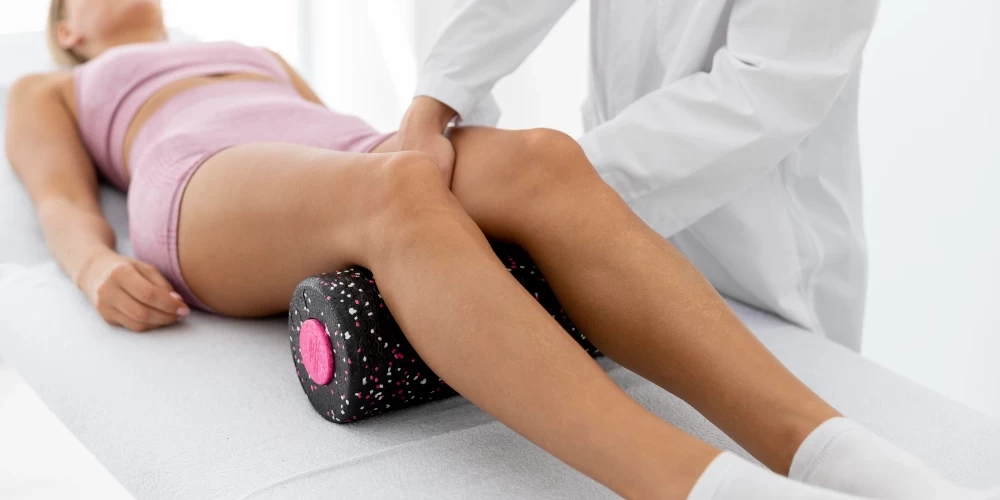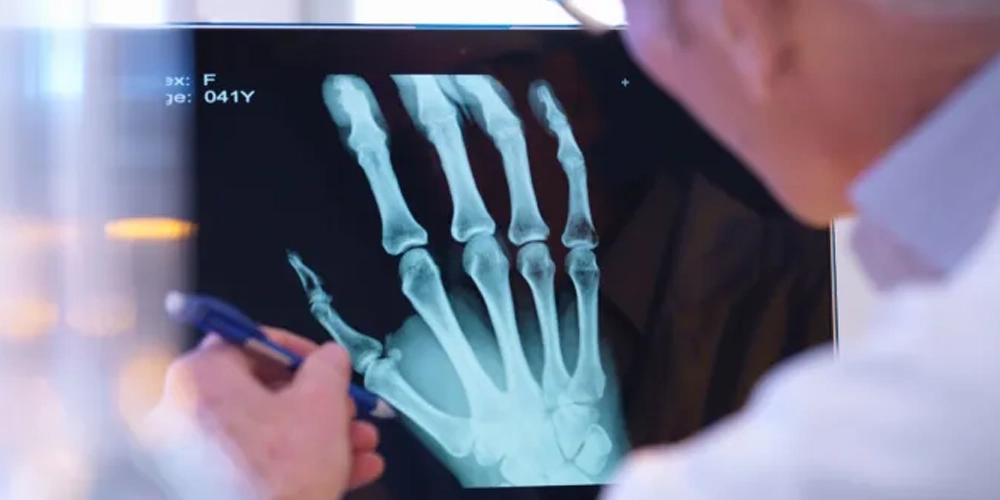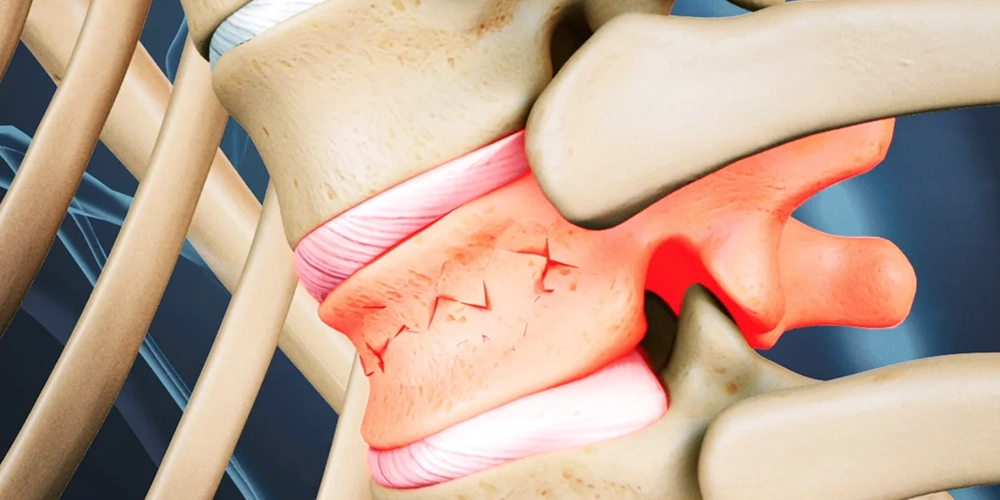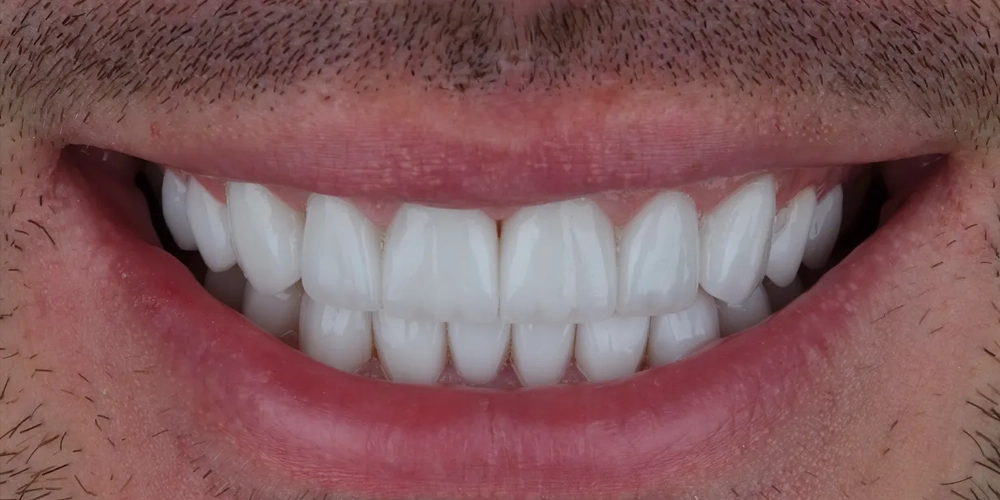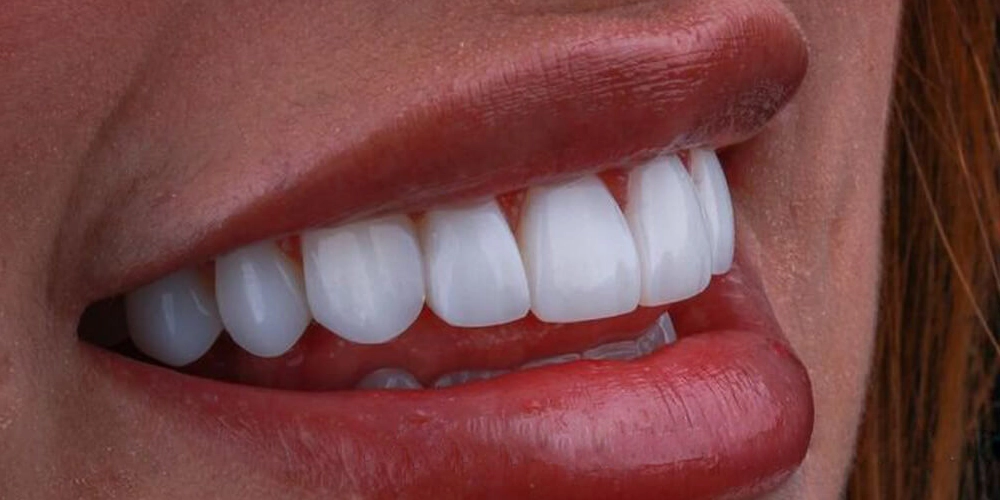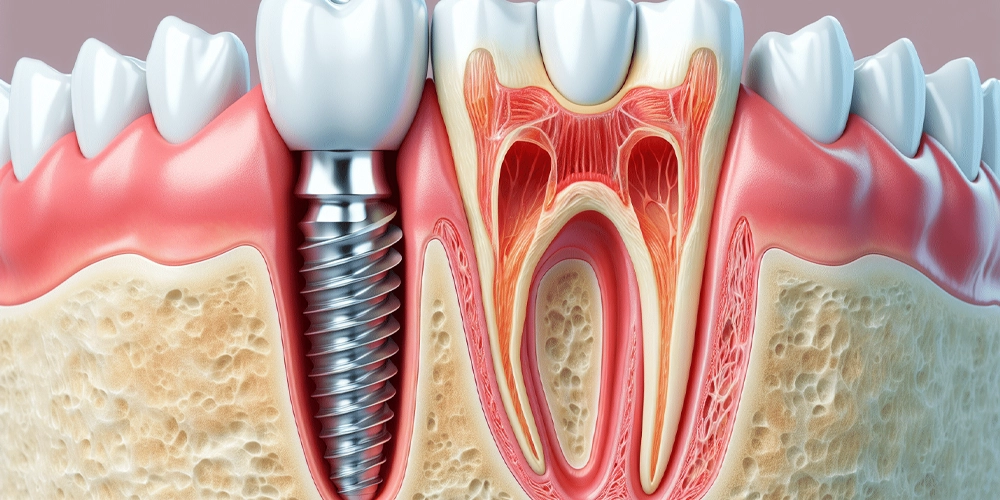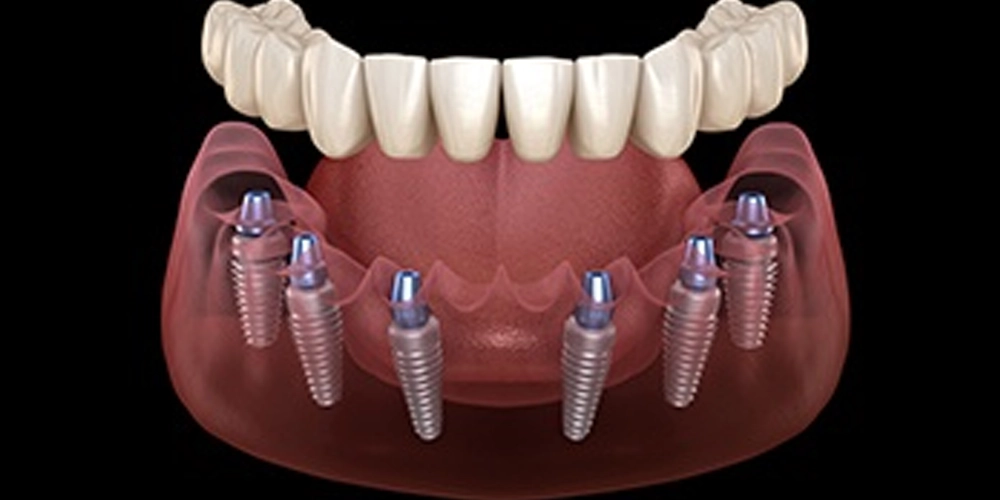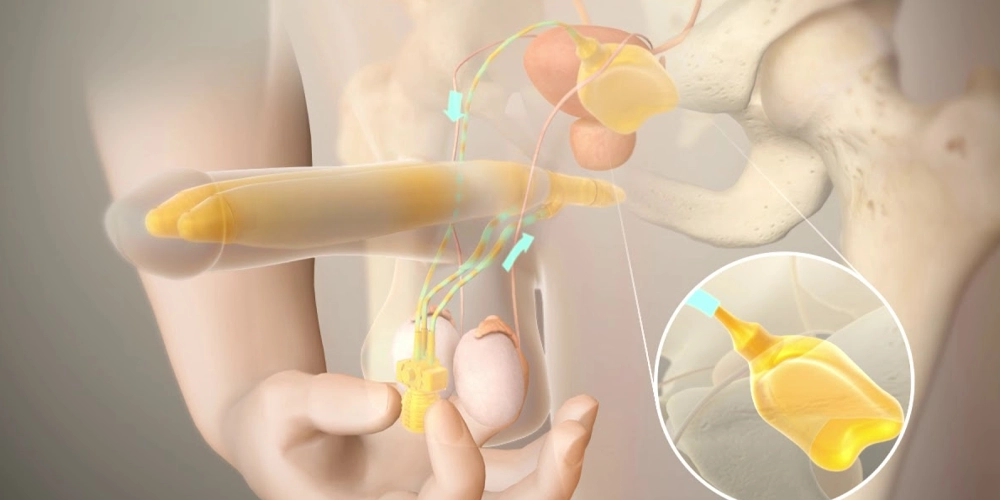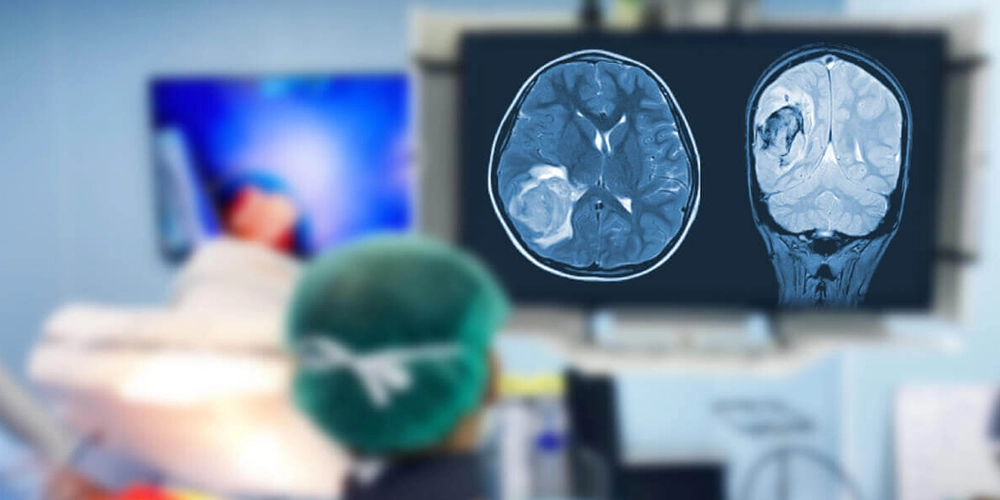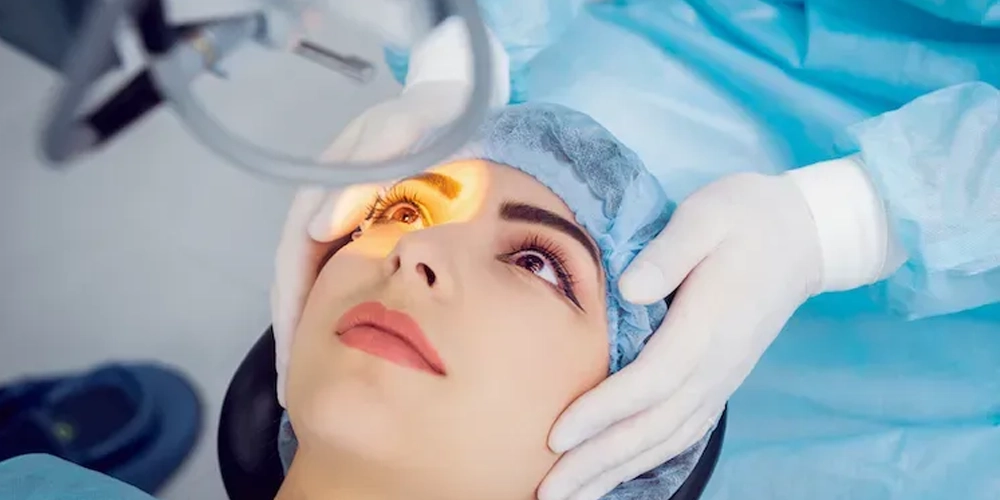

Retinal Disease Surgery
1-2 Hours
Local anesthesia (drops or injection) or general anesthesia
Varies depending on the procedure and severity of the disease, usually a few weeks to a few months.
GET OFFER
Overview
Retinal disease surgery is a specialized procedure for treating conditions affecting the retina, the light-sensitive tissue at the back of your eye. These surgeries are used to address serious issues such as retinal detachment, tears, and complications from diabetic retinopathy or macular degeneration. Using microsurgical techniques, the goal of retinal disease surgery is to preserve or improve your vision and halt the progression of the disease.
Retinal Disease Surgery at Atlas University Hospital: Preserving Your Sight
At Atlas University Hospital, we specialize in retinal disease surgery, offering advanced surgical solutions for complex retinal conditions. Our expert retinal surgeons perform a variety of procedures, including vitrectomy, laser photocoagulation, and scleral buckling. By choosing retinal disease surgery at Atlas University Hospital, you are trusting a dedicated team focused on protecting your vision, slowing the progression of your disease, and improving your quality of life.
Why Choose Atlas University Hospital for Retinal Disease Surgery?
Choosing Atlas University Hospital for your retinal disease surgery means you’ll receive specialized and compassionate care. Our patients trust us for our:
- Surgical Expertise: Our retinal surgeons are highly skilled in a variety of delicate microsurgical techniques.
- Personalized Care: We develop a customized plan based on your unique eye condition and needs.
- Advanced Facilities: All procedures are performed in our modern hospital in Istanbul, equipped with state-of-the-art technology.
- Comprehensive Support: We provide full support, from your initial consultation to your post-operative recovery and follow-up.
The Retinal Disease Surgery Procedure at Atlas University Hospital
The retinal disease surgery procedure at Atlas University Hospital is a carefully planned and executed operation.
- Procedure: Varies depending on the method (e.g., vitrectomy, scleral buckling).
- Duration: Typically 1-2 hours.
- Anesthesia: Local or general anesthesia is used for your comfort.
- Location: All procedures are performed in the specialized surgical departments of Atlas University Hospital in Istanbul.
- Recovery: Recovery time varies, with most procedures allowing for a gradual return to daily activities over a few weeks to a few months.
Your Retinal Disease Surgery Journey: The Daily Plan at Atlas University Hospital
We provide a clear, day-by-day plan for your retinal disease surgery journey at Atlas University Hospital to ensure a supportive and structured experience.
- Day 1: Arrive in Istanbul and transfer to the hospital. You will have a pre-operative consultation and a detailed eye examination, including retinal photographs and OCT.
- Day 2: Your retinal disease surgery is performed. A protective eye patch may be applied. You will rest and use eye drops. Your hospital stay will vary depending on the specific procedure.
- Day 3: You’ll have a post-operative check-up with your surgeon. The eye patch will be removed (if necessary), and your vision will be checked. You’ll receive instructions on medications and eye drops before being discharged to your hotel.
- Days 4-5: You will rest at your hotel, continuing to use your medication and eye drops. You can gradually return to your daily activities as recommended by your doctor.
- Day 6: You will return to your home country.
Post-Operative Care from Atlas University Hospital
Following your post-operative instructions from Atlas University Hospital is vital for a smooth and successful recovery after your retinal disease surgery.
- Medication: Use your prescribed medications and eye drops regularly and as directed.
- Care: Avoid rubbing or scratching your eyes.
- Protection: Protect your eyes from dust and dirt.
- Activity: Avoid heavy lifting and strenuous activities for the recommended period.
- Follow-up: Schedule a follow-up appointment with a local ophthalmologist in your country to monitor your progress.
Frequently Asked Questions about Retinal Disease Surgery
Q: Is retinal disease surgery painful? A: The surgery itself is not painful due to the anesthesia. You may experience some mild pain or discomfort afterward, which can be managed with medication.
Q: How much will my vision improve after retinal disease surgery? A: Vision improvement varies depending on the type and severity of the disease and your response to the treatment. It’s important to know that in some cases, the primary goal is to preserve existing vision rather than to restore it.
Q: What are the risks of retinal disease surgery? A: As with any surgical procedure, there are risks such as infection and bleeding. Other risks include cataract formation, increased intraocular pressure, and, in rare cases, further vision changes. Your doctor will explain all potential risks in detail.
Q: Who is a suitable candidate for retinal disease surgery? A: People with retinal diseases such as retinal detachment, retinal tears, and diabetic retinopathy are typically suitable candidates. Your retinal surgeon will evaluate your condition to determine the most appropriate treatment for you.

